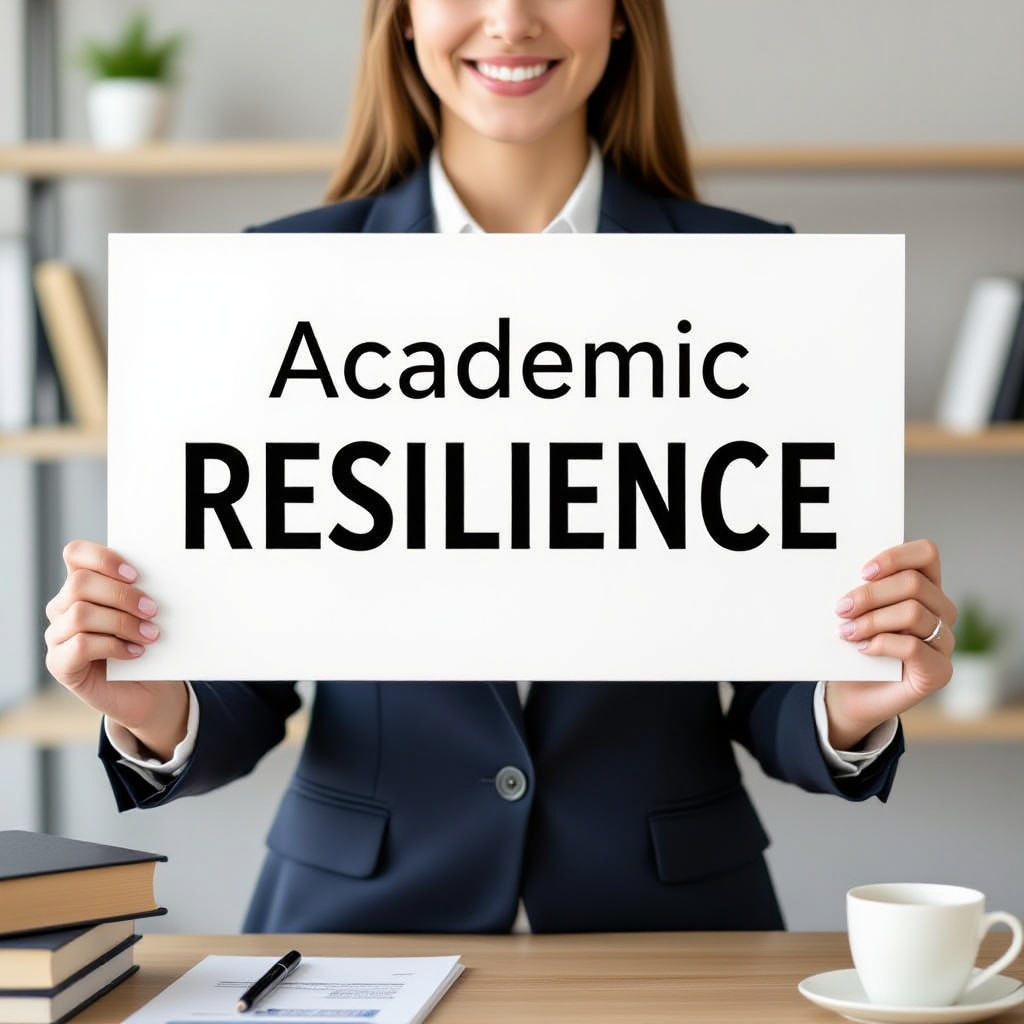In the high-stakes academic environment of the UAE, with its demanding exam standards, students often face the balance between striving for excellence and confronting academic failure. While academic pressure can seem overwhelming, stories such as Kavya Shah’s illustrate the power of embracing setbacks, fostering resilience, and staging remarkable comebacks. Key Takeaways Embracing setbacks as a means of growth builds transformative resilience. Seeking guidance from teachers and peers delivers valuable support. Setting achievable goals can break overwhelming tasks into manageable pieces. Adopting an active study habit boosts learning experiences. Cultivating a growth mindset turns challenges into opportunities. High Academic Pressure in UAE: A Double-Edged Sword The educational landscape here in the UAE is a fierce battleground with its demanding standards and prestigious benchmarks like GCSE, IB, and CBSE exams. In 2025, an impressive 26% of students within the Gems network scored top grades (9–8), according to Gems national statistics. Despite this high achievement, stories of academic failure continue to surface. This paradox shows the intense expectations students face. Kavya Shah’s story is an eye-opener for students grappling with failure. Once on the brink of repeating Year 10 due to poor grades, Kavya managed to turn her struggles into a success story. Her transformation demonstrates how academic setbacks can foster resilience and open doors that might’ve seemed sealed shut. High academic pressure, while driving excellence, can sometimes work against students. Those caught in its grip often discover resilience they didn’t know they had. Here’s a quick glance at how students, like Kavya, manage to harness academic failures into valuable learning experiences: Embracing failure as a learning tool rather than a defeat. Seeking mentorship from teachers and peers. Setting realistic goals and breaking down overwhelming tasks. Developing a proactive habit towards studies rather than a reactive one. Cultivating a growth mindset that views challenges as opportunities. Research-backed strategies like these can be a game-changer. Keeping a balance between striving for success and handling setbacks with grace builds a robust foundation for both academic and personal growth. To explore more about educational pressures and strategies to cope, you might find the insights shared by Edutopia quite enlightening. Navigating Cognitive Overload in the Modern Classroom The shift to hybrid and digital learning models has significantly increased cognitive load, causing academic struggles for many students. That extra cognitive burden isn’t just in your head—statistics back it up. From 2020-2025, 33.3% of UAE university students reported a hefty intrinsic cognitive load amid these educational shifts. Let’s dive into how you can turn this challenge into a learning curve with some practical strategies. In a hybrid learning environment, personalized techniques can be a game-changer. Tailoring your study methods to fit your unique learning style does wonders. Perhaps you find that breaking tasks down into smaller, digestible parts helps keep stress low and focus high. Then, there’s the advantage of digital tools. Leveraging platforms like Google Classroom and Zoom can streamline your workflow with their calendar and scheduling functions. Utilizing apps such as Anki or Quizlet can aid in efficient memorization, letting you focus more on understanding key concepts instead of getting lost in a sea of information. Want to explore more about how technology can transform education? Read more on Education Week. Lastly, remember to manage time expertly and not be afraid to ask for help when needed. Collaborative learning platforms can connect you with peers for support, easing the strain of cognitive overload. As you continue to adapt, there’s no doubt you have the tools at your fingertips to transform challenges into powerful academic comebacks. The Impact of Attendance Policies on Academic Performance Attendance policies for the 2025-26 academic year highlight the strong connection between showing up and academic success. Missing too much school can lead to serious consequences, impacting grades and learning outcomes. To counter this, schools have put in place policies like automatic notifications to parents and personalized support plans for students struggling with attendance. Sticking to these guidelines can play a vital role in recovering academically and developing self-discipline. The policies encourage regular attendance by showing students the importance of being present, helping them bounce back from poor attendance. Here’s how these policies could benefit students: Parents are immediately informed of absences, fostering better communication and accountability. Personalized support plans offer customized strategies to improve attendance. Regular attendance nurtures academic improvement, making it a crucial component of any student’s educational journey. For more on attendance and its effects, visit Edutopia. Overcoming Curriculum Transitions and Language Barriers Switching between diverse international curricula can rattle any student’s confidence, affecting their academic performance. This is especially true in Dubai’s vibrant private education sector, where students often face significant curriculum transitions that demand rapid adaptation. These changes can be disorienting and bring with them a slew of fresh challenges, including the need to grasp new teaching methods and content that may differ substantially from what a student is used to. But fear not. Cultivating success amidst these shifts involves integrating language proficiency programs and seeking out curriculum-specific tutoring. Here are some strategies to help students thrive: Enroll in language proficiency programs: Whether you’re transitioning from a curriculum taught in Arabic to one in English, or vice versa, bolstering your language skills can make a world of difference. Sites like BBC’s Language Learning Hub offer free resources to improve your communication skills. Apply curriculum-specific tutoring: Specialized tutors familiar with the differences between curricula can offer personalized guidance to ease transitions. They can help pinpoint problem areas and provide targeted assistance to boost academic performance. By embracing these strategies, students can discover advantages that propel them toward academic success. They transform what seems like overwhelming changes into stepping stones for powerful comebacks. Adapting doesn’t just entail surviving these shifts; it’s about turning them into opportunities for growth and excellence. Maximizing Support Systems for Academic Recovery Tapping into support networks can make all the difference in overcoming academic setbacks. Conversations with teachers, counselors, and peers can serve as lifelines during tough times. Students in UAE schools have a multitude of
